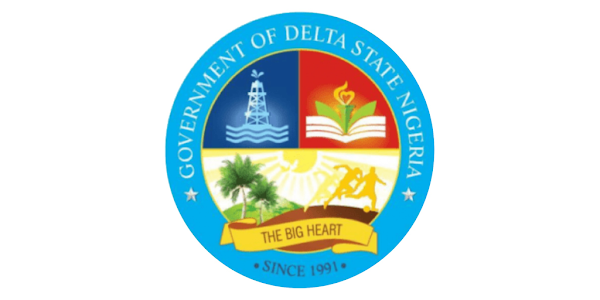BY CHRISTIAN EZE
Delta State Government has ascertained its commitment to reducing maternal and neonatal mortality with the adoption of the Maternal and Neonatal Mortality Reduction Innovation and Initiatives (MAMII) Project Activation.
Declaring the five-day workshop open in Asaba, yesterday, the Commissioner for Health, Dr Joseph Onojaeme, represented by the Permanent Secretary of the Ministry, Dr (Mrs.) Philomena Okeowo described the initiative as a critical step towards safeguarding the lives of mothers and newborns in the state and across Nigeria.
Dr Onojaeme explained that the MAMII project, a bold national initiative, targets a 60 per cent increase in health facility utilisation and skilled birth attendance, to reduce maternal mortality by at least 30 per cent within three years.
He noted that Delta was proud to be among the implementing states and was determined to lead by example.
According to him, the state government had started strengthening maternal and child health services through improved primary health care infrastructure, deployment of skilled birth attendants, and active engagement of community leaders to champion safe motherhood practices.
Speaking further, he said, the workshop provides an opportunity to consolidate these gains.
“Over the next five days, we will build consensus on implementation strategies for the MAMII initiative, align partner contributions, and prepare for field visits to priority communities, translating our strategies into tangible actions that will save lives’’.
The commissioner emphasised that the workshop was not merely a meeting but a call to action, stressing the need for collaboration among government agencies, development partners, and local stakeholders. He added that empowering Ward Development Committees to track pregnancies and encourage facility-based care was crucial to achieving sustainable reductions in maternal and neonatal deaths.
Also speaking, the Sexual and Reproductive Health (SRH) Specialist and representative of the Sector Wide Approach (SWAp) National Coordinator, Dr Tosin Ilesanmi, highlighted the initiative’s focus on addressing the five delays responsible for maternal and newborn fatalities, including delays in seeking care, reaching care, receiving care, taking responsibility, and ensuring proper coordination.
Ilesanmi reiterated SWAp’s dedication to innovation, collaboration, and evidence-based strategies that will deliver real improvements in maternal and child health outcomes across the country.


